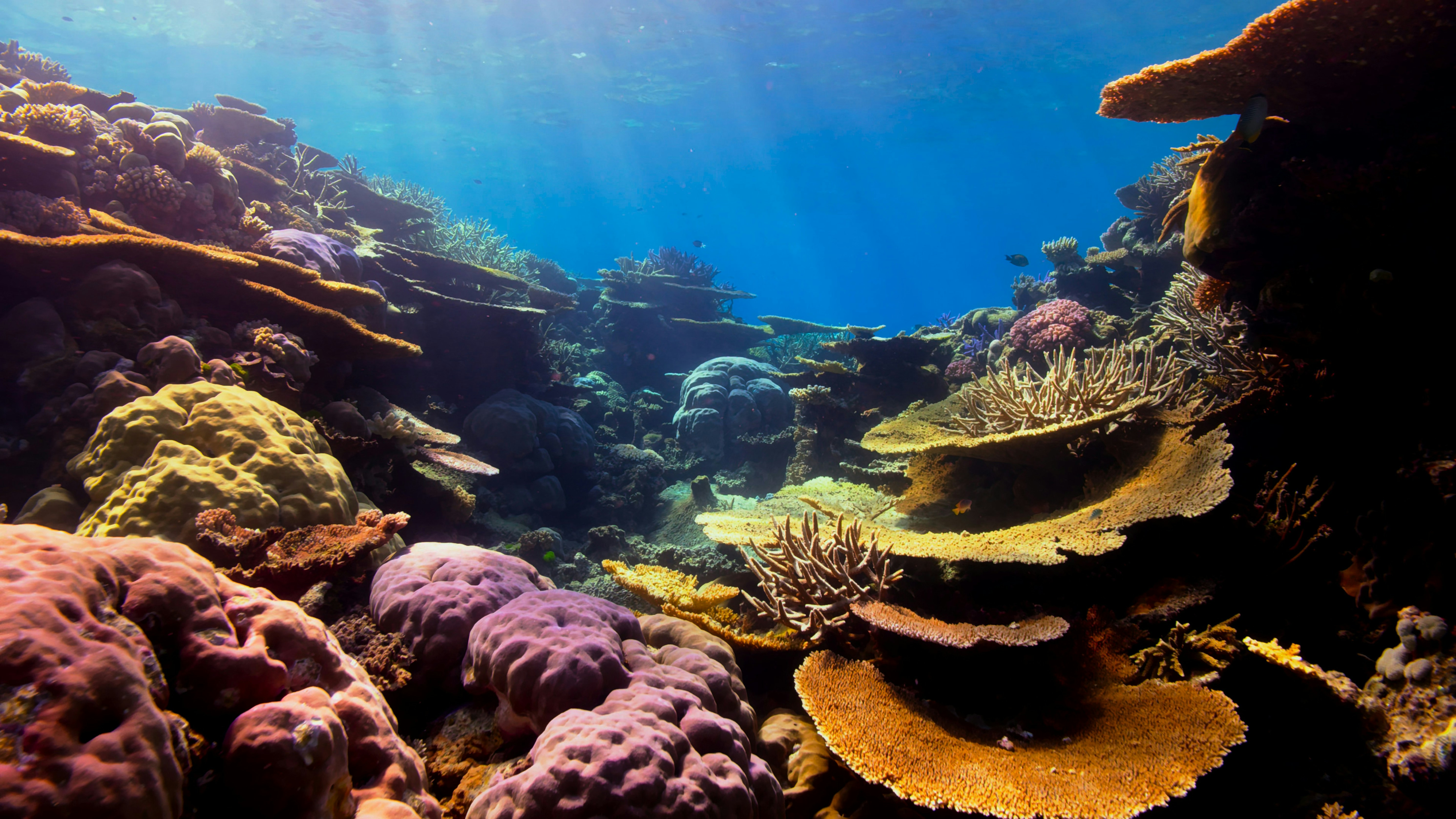ResiliReefs: Mobile Coral Restoration Labs for Coral Reef Restoration Organizations to Scale Up Operational Capacity and Impact (Eco-E)

We have already lost over 50% of coral reefs worldwide due to climate change, pollution, habitat destruction, and overfishing (Hoegh-Guldberg et al., 2010; IPCC). By 2050, we are projected to lose 80-90% of coral reefs (IPCC). This decline threatens global biodiversity, fisheries, coastal protection, and the livelihoods of over 500 million people (Hein et al., 2020). Coral reefs generate $42 billion USD annually through tourism and fishing (Duarte et al., 2020). There is an economic and biological need to protect and restore coral reefs.
Existing restoration methods are slow, expensive, have low success rates, and cannot meet the growing demand for reef recovery. 99% of restoration projects are entirely water-based, with a 66% success rate which results in losses of ~$198,000 per hectare. In comparison, only 1% of projects have a land-based component, achieving a 90% success rate (Boström-Einarsson et al., 2020). Land-based facilities have not been widely adopted due to high costs, lengthy construction times, and specialized knowledge required for implementation. Identifying ways to reduce barriers to land-based restoration is crucial for saving our coral reefs, preserving their environmental services, which creates a market opportunity for a new venture.
ResiliReefs’ Mobile Coral Labs are scalable, cost-effective, and rapidly deployable units the size of a shipping container. Our solution removes building permitting delays, reduces costs, and provides organizations with the necessary equipment and knowledge for coral propagation, gene banking, heat-stress testing, and bleaching recovery and haven. ResiliReefs provides advantages in cost and accessibility, accelerating response times, creating scalable restoration efforts to restore and protect our valuable coral reef ecosystems.
Acknowledgements
UC Santa Barbara Bren School: Dr. Steve Gaines, Dean & Distinguished Professor; Emily Cotter, Environmental Innovation Program Manager and Lecturer; Chris Jerde, Professor
Sergio Guendulain, Post Doctoral Researcher, Fundación Dominicana de Estudios Marinos